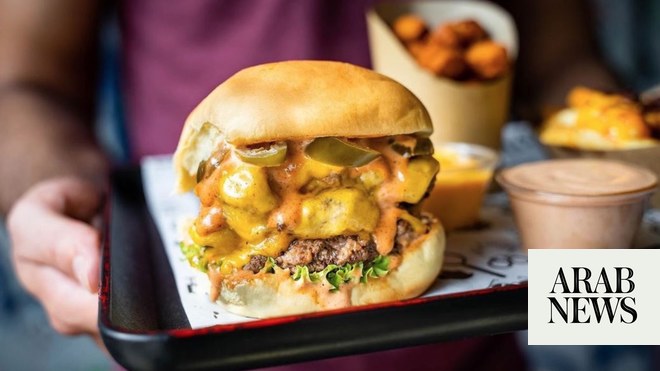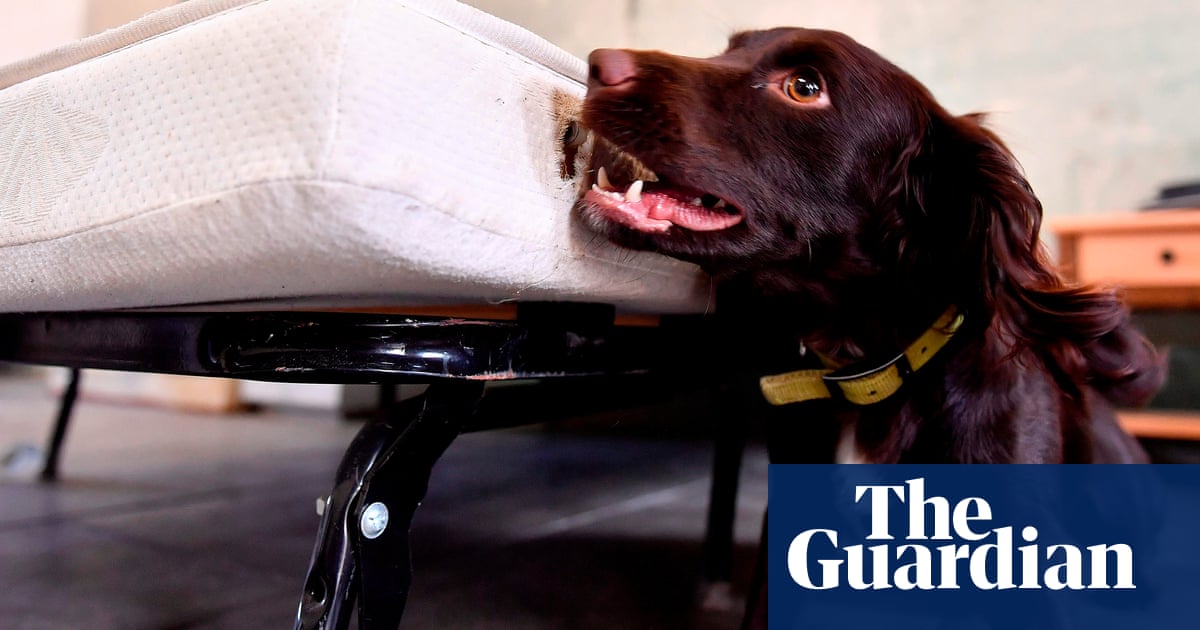
A distinctive slice of Americana will descend on the British countryside this summer as medieval castles and stately homes swap landscaped lawns for drive-in movie theatres.
Giant screens showing nostalgic singalongs including Grease and The Blues Brothers will be beamed across the night sky while roller-skating waiters deliver burgers, fries and chocolate to moviegoers cocooned in their own cars.
It’s an odd fit, perhaps, but Warwick Castle, Blenheim Palace and Knebworth House have all agreed to participate – venues more at home with picnic blankets and classical recitals than star spangled kitsch; but they’re giving it a go, says drive-in entrepreneur George Wood, because “the world’s been flipped upside down”.
Proprietors were wary at first, Wood says, because they feared their green spaces might become quagmires if the weather turned bad. With as many as 500 cars a show, and two to three screenings a night, there’s a lot of rubber and mud.
But as lockdown became entrenched, the venues came around. “They had no other events going on, their doors were closed – so the financial need was big. Suddenly, everyone was saying, this is a great idea – let’s do it,” he says.
Wood, who set up the Luna Cinema 12 years ago – Britain’s biggest outdoor movie business – thinks this year drive-in movies could be a lifeline for cinema, an industry hit hard as millions have been forced to stay inside. By his reckoning, drive-in is the perfect halfway house.
“People need to rebuild their confidence before they’ll step back into a theatre or a cinema – and drive-in is the perfect socially distanced event,” he says.
People won’t even have to get out of their cars – unless they need to pee, Wood says. Licence plates will be scanned on arrival, and filmgoers will be directed to pre-assigned parking bays. You will only need to wind down a window to pick up a wireless speaker box, but there’s no interaction with staff.
Pre-ordered food and drink (and yes, venues will be licensed) will be dropped off on car bonnets by waiters on roller skates and scooters – a nod, Wood says, to the 1950s drive-ins of small town America. “The whole thing’s got to be an experience,” he says.
South African Alan Crofton is another businessman with his eye on post-lockdown entertainment opportunities.
In normal times he runs a music festival business in Europe and New Zealand, but has also lined up a season of drive-ins at 12 sites up and down Britain, spurred on by their success in Denmark and Germany.
He’s signed up places including Newcastle airport and Edinburgh zoo, which have plentiful unused parking – and an appetite for getting people back though the door.
“There’s been a huge lack of events, so there’s going to be a surge in popularity for this kind of thing,” he says.
The programme for Crofton’s drive-in season (called simply @TheDriveIn) is not only films but stand-up comedy, music, even bingo. “We want to mix that traditional American drive in theme with a few modern touches,” he says.
When punters arrive at sites, they will get an FM frequency to tune their car radios to, he says. That’s a throwback to American drive-ins, and Crofton says they’re encouraging people to bring their own speakers and radios for added authenticity.
Don’t expect to see Christopher Nolan’s Tenet though – the first big movie release of post-lockdown. Drive -in has never been about first run films – it’s the spiritual home of B-movies, and latterly family classics.
Rosie Greatorex, programme director at the Lexi Cinema in north London, believes that’s one reason why drive-in could never replace the traditional cinema experience, nor does she believe it will be the saviour that suddenly stops a lot of small, independent cinemas going out of business in the wake of the pandemic.
She believes drive-in will be aimed at what she calls the “event cinema crowd”, the people with higher disposable incomes. It’s not for the masses. “It’s a really precarious time for us, people are struggling,” she says.
Greatorex is worried about how people will feel about going back to the cinema, once they get the green light. “It’s not just about safety, it’s about the atmosphere, people need to be sitting there feeling relaxed rather than flinching every time someone coughs,” she says.
It’s for that reason Wood believes drive-ins could be just the start of easing people back into normal life. His company is already in discussions with event organisers that put on live music, theatre and sports.
“This will be the route back to all entertainment,” he says.











